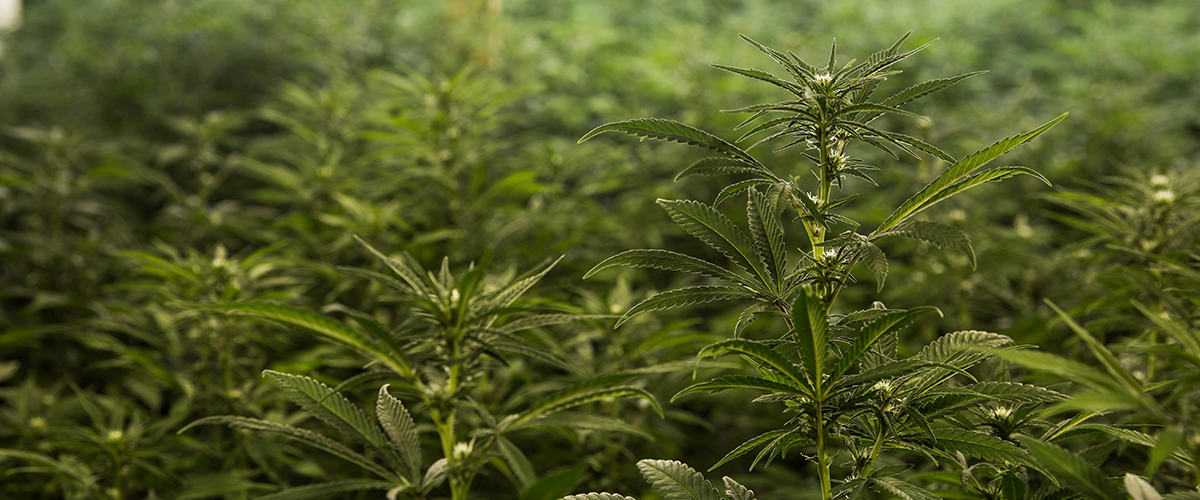Scientists at UC Davis are partnering with a biotech firm to identify and map hemp’s genome.
In an effort to more thoroughly understand the extent of cannabis’s medicinal properties, an agricultural research team from the University of California, Davis, is joining forces with biotech firm Front Range Biosciences (FRB). The partners intend to conduct genomics research to further the scientific understanding of the medical and nutraceutical applications of cannabis.
Front Range Biosciences will isolate certain strands of hemp DNA and send them to the UC Davis Department of Viticulture and Enology, where department Professor Dario Cantu and his university research colleagues will run DNA sequencing “and bioinformatics analysis to create a better genome reference for cannabis.”
The UC Davis research team has previously mapped the genomes of other agricultural crops like the cabernet sauvignon grape and the Arabica coffee bean. The scientists now want to focus on hemp, which they believe has growing domestic market potential. Mapping the cannabis genome would facilitate future investigations into the plant’s therapeutic benefits.
“We have successfully applied cutting-edge DNA sequencing technologies and computational approaches to study challenging genomes of diverse crops and associated microorganisms,” said Cantu in a statement. “We are now excited to have the opportunity to study the genome of hemp. Decoding the genome will allow us to gain new insight into the genetic bases of complex pathways of secondary metabolism in plants.”
What’s the Best Way to Grow A Plant with a Long History and Many Uses?
Hemp is part of the Cannabis sativa L. plant species. Containing only trace levels of the psychoactive compound tetrahydrocannabinol (THC), hemp has been cultivated for centuries for food and fiber and is said to have over 25,000 product applications. Hemp is also an ideal source of cannabidiol (CBD), a highly sought after compound in recent years because of how it interacts with the body’s endocannabinoid system.
“UC Davis is renowned as the leading agriculture university in the world and we are excited to work with Dr. Cantu’s team to improve this crop to reduce pesticide residues and excessive applications of fertilizers, in preparation for production targeting medically beneficial compounds,” said Front Range CEO Dr. Jonathan Vaught.
Hemp cultivation has a long history in America, but has been prohibited under federal law since 1970. In 2014, President Barack Obama signed into law the Farm Bill, permitting state agricultural departments and universities to grow hemp in states that pass hemp cultivation legislation. Subsequently over recent years, the nation’s hemp industry has gradually returned.
So far, 30 states have passed legislation related to growing hemp, but farmers are still in the process of relearning how best to grow the crop. The UC Davis-Front Range Biosciences joint initiative to conduct genomics research could also influence the understanding of best growing practices.
“We’re looking for what makes a plant have a certain type of leaf structure, flower structure, or seed structure. How well it responds to drought conditions, certain diseases, plants and pathogens,” Vaught explained to Westword. “The target for a good breeding program is to create cultivars, or lines, that perform specifically in a certain program. Outdoor growing in Colorado might be very different than outdoor growing in Kentucky, and that might be very different than a greenhouse in California.”
Want to Learn More About Hemp?
You can learn more about hemp through our education page, or keep up with the burgeoning hemp industry in the U.S. by visiting our news feed.






